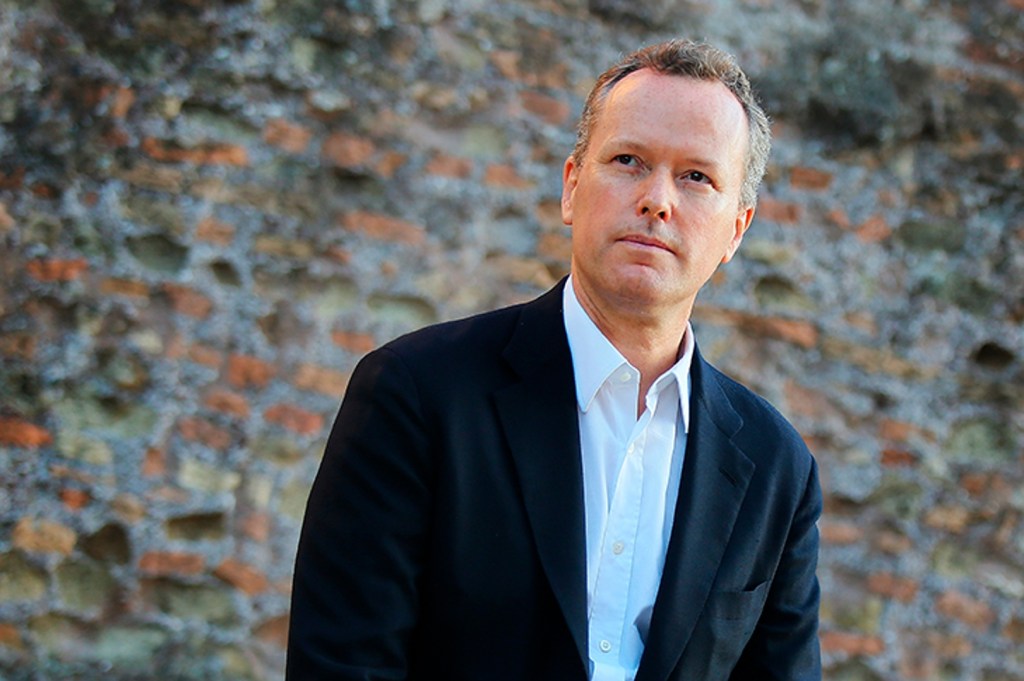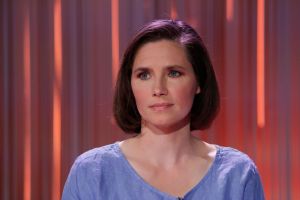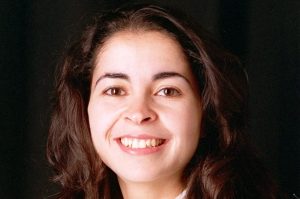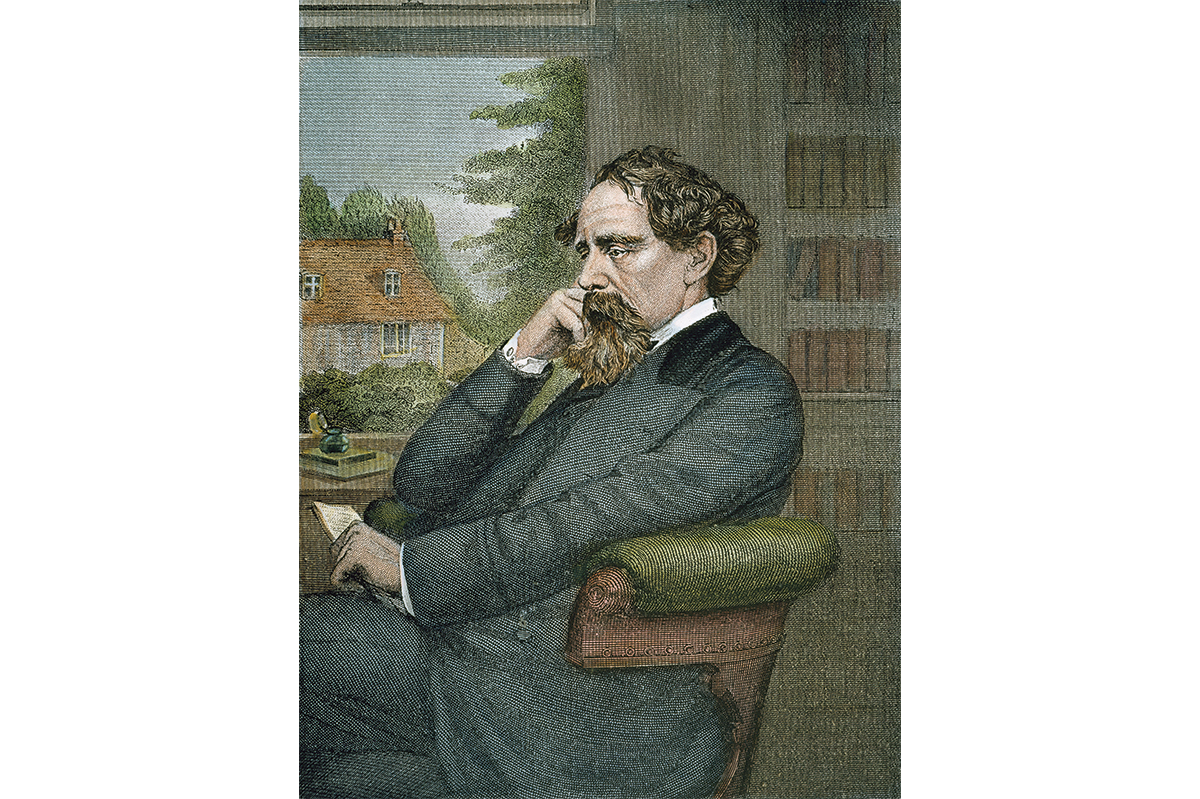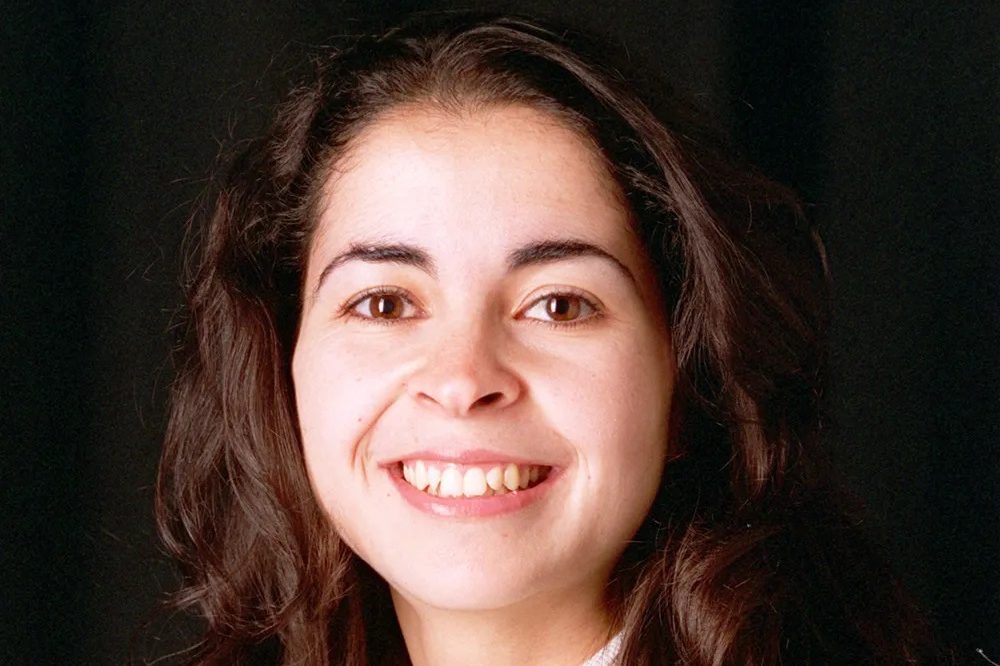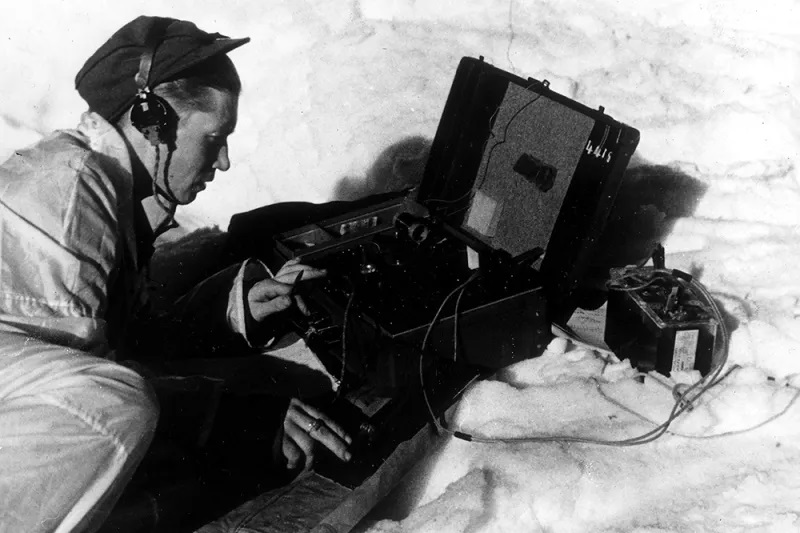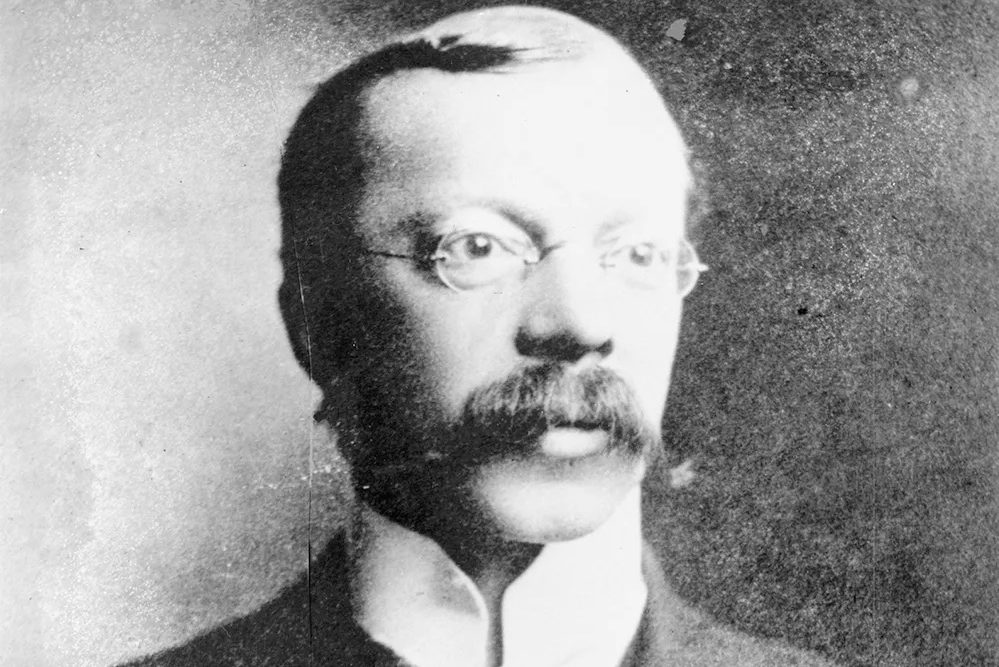Edward St Aubyn’s ‘Patrick Melrose’ novels were loosely autobiographical renderings of the author’s harrowing, rarified, drug-sozzled existence. Despite their subject matter, they managed to be uplifting through the beauty in which they expressed their melancholy sentiments. After At Last, the final novel of the pentalogy, St Aubyn published Lost for Words, a prickly satire on the literary prize culture that seemed narrowly parochial for such a classy novelist.
Now we have Double Blind, his tenth novel, which has what is typically referred to as a rich cast of characters. We open with Francis, a kind of St Aubyn avatar, working at Howarth, a rewilded Sussex estate clearly based on Isabella Tree’s project at Knepp. Francis lives an idyllic life, surveying turtle doves and nightingales, enjoying the magic mushrooms he harvests (not forgetting to pay his tithe to his aristocratic employers).
He has recently met Olivia, a professor of genetics at a London university, and they are falling hard for one another. She is the adopted daughter of Martin Carr, a respected psychiatrist. Then there’s Lucy, Olivia’s best friend, a scientist who works for Hunter, a hedge-fund billionaire who has set up Digitas, a ‘digital, technological and scientific venture capital firm’. The narrative energy of the novel is provided by the revelation that Lucy has a brain tumor; the first time she is introduced to Francis by the lovestruck Olivia she is on the way back from a scan. Lucy’s illness (and her increasingly close relationship with Hunter) brings an urgency to the work she’s doing for Digitas (a name uncomfortably close to that of Dignitas, the Swiss company that offers ‘assisted dying’), exploring AI and virtual reality. Then it is disclosed that Olivia has a twin brother, who was not adopted. And Sebastian, her father’s schizophrenic patient, seems on the verge of a great therapeutic breakthrough.
If this sounds like a lot of plates to keep spinning, it is. And there’s something almost insolent in the way St Aubyn glides effortlessly from one plotline to the next. More remarkable still is that the clever ideas — about epigenetics, rewilding, psychoanalysis and the placebo effect — never seem forced or showy (which is not always the case with this writer).
That’s not to say that you don’t occasionally bridle at the brilliance of the conversations. Perhaps St Aubyn does live in a world where people say:
If science offered a unified vision of the world it would be a pyramid, with consciousness at the apex, arising explicably from biology, and life arising smoothly from chemistry, and the Periodic Table, in all its variety, emerging inevitably from the fundamental forces and structures described by physics; but in reality, even physics isn’t unified, let alone unified with the rest of science. It’s not a pyramid; it’s an archipelago…
…but it makes for surreal reading. Only in a St Aubyn novel do characters use such elegant adverbs or so many semicolons when they talk. But that’s really what you come here for: the sense of being at a party full of people wittier and more charmingly damaged than the rich and beautiful are in the real world.
This is a novel with heart, though, and as the cast moves from Sussex to London to Hunter’s pads in Antibes and Big Sur, we learn what ‘the corrupting exposure to the habits of the very rich’ does to people, and what it takes to resist that corruption.
Double Blind is both clever and compassionate, confirming St Aubyn as among the brightest lights of contemporary British literature.
This article was originally published in The Spectator’s June 2021 World edition.



